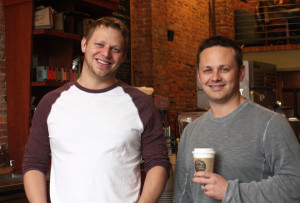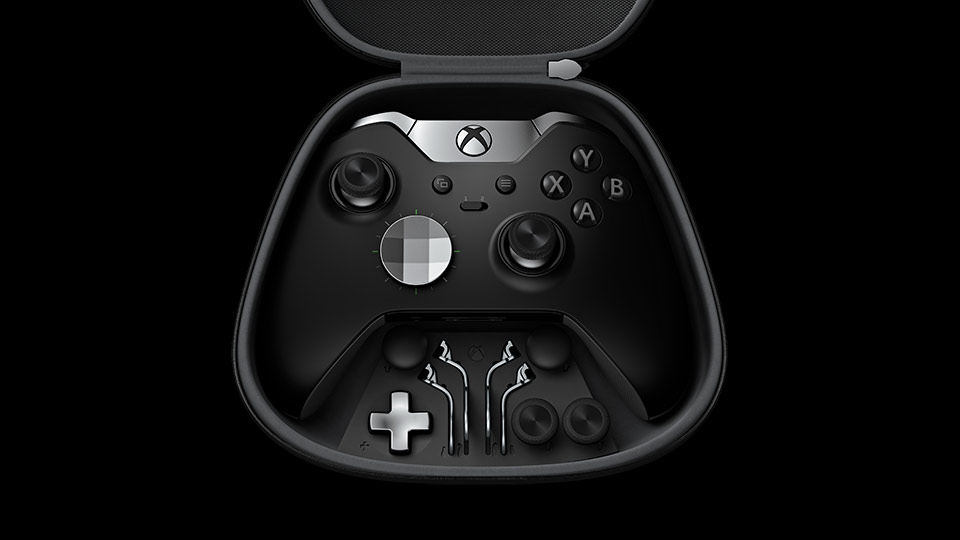By: Sam Fatula | Assistant A&E Editor

Aside from the world of academia, Adam and Mike DeSimone’s collegiate responsibilities consisted of playing for Duquesne University’s men’s hockey team and promoting their DJ business at parties, in the early 2000’s.
Fast forward 10 years and the brothers hold ownership in some of the most popular nightclubs and bars in the city. They socialize with celebrities such as New York Yankees star Derek Jeter and Grammy Award winning group The Black Eyed Peas.
Their entertainment and hospitality development and management company known as AMPD Group, an acronym for their family, Adam, Mike and Patrick (their father) DeSimone, controls nightlife establishments like Diesel Club Lounge, Local Bar and Kitchen and Skybar Pittsburgh in the South Side.
Adam, now 35, and Mike, 33, who were both finance and investment management majors that graduated in 2001 and 2002 respectively, trace their success back to their experiences as undergraduates at Duquesne.
“Adam had his DJ business that he started when he was 13 years old,” Mike said. “In college, he had grown the business and would have eight people working underneath him.”
Prior to Duquesne purchasing Brottier Hall, it was privately owned and referred to as Citiline Towers. According to Adam and Mike, they helped lease out apartments to people and in return did not have to pay room and board, essentially working as resident assistants (RA’s) for the apartment complex.
“We talked them into giving us that [RA] position and living there for free,” Adam said.
Ironically though, operating the DJ business was the only facet that Adam and Mike contributed to the party scene. They spent the majority of their college days either focusing on classes or traveling with the hockey team.
“We didn’t really go out a ton compared to most college students,” Mike said. “We were basically away every other weekend for the hockey team.”
Subsequently after Adam and Mike graduated, both brothers attempted to find careers in separate paths. Mike found eventual success as a merchandise-planning manager for American Eagle, Adam’s aspirations had initially fell short.
“I went to work at National City Bank as a credit analyst,” Adam said. “I was put on probation on my job 11 months in—I didn’t really want to do the job … After that, I got into commercial real estate.”
Once Adam’s interest shifted to real estate he obtained a broker’s license and started planning out developments for WalGreens for “about a year and a half” while starting up his own business at the same time.
Unfortunately, Adam’s early real estate investments didn’t pick up much ground, citing losing money in an under-21 club within the first year that it opened. With nothing else to lose, Adam, Mike and their father Patrick decided to invest in a club together in 2006.
“We were having Sunday dinner at my parents’ house—spaghetti and meatballs,” Adam said. “We wanted to open up a club and were looking at clubs in the Strip District and Mike says, ‘Let’s buy Nick’s Fat City in the South Side and turn it into a nightclub.’ At first I thought it was a terrible idea, but after walking in, my eyes just kind of lit up. I knew that it could be a badass club.”
Nick’s Fat City was originally a popular venue for rock shows in the ‘90s and early 2000s, but eventually they had to shut the doors in December 2004.
“My dad had to clear out his entire 401k – about $250,000 and dumped it in. He was 57 at the time … sort of crazy,” Adam said. “We look back and say, ‘that was dumb.’”
As “dumb” as it may have initially seemed, luck favored AMPD, as this first investment turned into Diesel, opening in 2006.
Once Diesel was in operation, Adam’s previous misfortunes in real estate were a thing of the past. The nightclub garnered much success and gave AMPD the opportunity to branch out into other locations in the next few years.
Despite the additional locations that have been built after Diesel, Adam has no intention of stopping anytime soon. According to him, there are plans of building another Steel Cactus, plus negotiations in the works for other establishments.
“We point the ship where we want to go and hope that everyone else turns the wheel,” Adam said.


